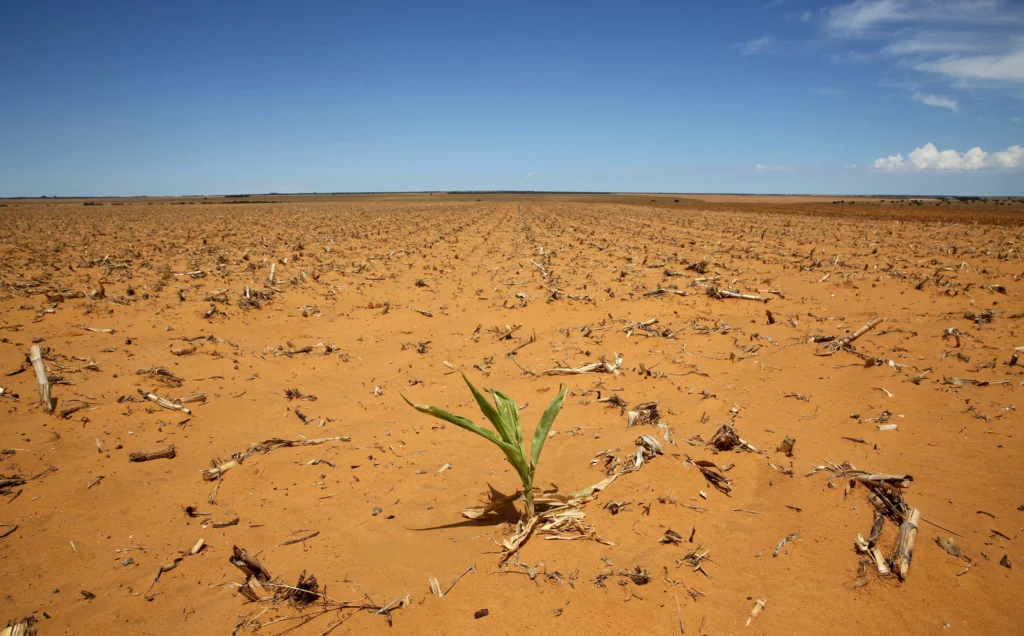
Africa, a vast and diverse continent, has a long and storied history of grappling with natural disasters that range from droughts and famines to earthquakes, floods, and tropical cyclones. This article takes a closer look at the continent’s historical encounters with these formidable forces of nature, highlighting the resilience and adaptation of African nations in the face of adversity.
Droughts and Famines:
Africa has faced recurrent droughts and famines throughout its history. The continent’s arid regions, particularly in the Sahel and Horn of Africa, have been susceptible to prolonged periods of drought, leading to food and water shortages. The devastating famines in Ethiopia during the 20th century, including the infamous Ethiopian famine of 1983-1985, brought global attention to the issue and spurred humanitarian efforts.
Floods and Tropical Cyclones:
Coastal regions of Africa have often experienced flooding and the destructive force of tropical cyclones. Mozambique, in particular, has been repeatedly hit by cyclones, including Cyclone Idai in 2019, which caused widespread flooding, displacement, and loss of life. Coastal cities like Lagos and Dar es Salaam have faced challenges associated with rising sea levels and storm surges.
Earthquakes and Seismic Activity:
While Africa is not as well-known for seismic activity as some other continents, it has not been immune to earthquakes. Northern Africa, including Morocco and Algeria, sits on the boundary between the African and Eurasian tectonic plates, making it prone to occasional earthquakes. One notable event was the 1960 Agadir earthquake in Morocco, which devastated the city.
Desertification and Land Degradation:
Desertification and land degradation have been persistent challenges in parts of Africa, leading to the expansion of arid and semi-arid areas. The Sahel region, for example, has been affected by desertification, posing serious threats to agriculture and livelihoods. Efforts to combat desertification and land degradation through sustainable land management practices have gained momentum in recent years.
African Resilience and Adaptation:
Despite these natural disasters, African nations have demonstrated remarkable resilience and adaptation. They have developed early warning systems for weather-related disasters, implemented drought-resistant crop varieties, and initiated afforestation and reforestation projects to combat desertification. Additionally, regional organizations such as the African Union have been working on disaster risk reduction and response strategies.
International Assistance and Collaboration:
The global community has also played a vital role in supporting African nations during times of crisis. Humanitarian organizations, governments, and non-governmental organizations have offered aid and assistance during droughts, famines, floods, and other disasters. International collaborations on climate change mitigation and adaptation are increasingly recognized as essential to Africa’s sustainable development.
As Africa faces ongoing challenges related to climate change and natural disasters, it remains resilient, adaptive, and committed to building a sustainable future. The continent’s rich history is a testament to the strength of its people and their determination to overcome adversity, while global cooperation continues to be a crucial component of Africa’s disaster resilience efforts.
